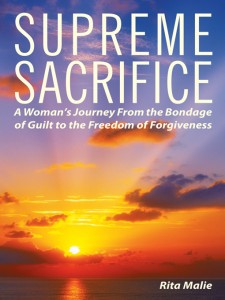Rutgers University is conducting an online survey of ACAs. This study is being conducted to learn more about the communication behaviors that characterize families of alcoholism and the implications that family communication patterns have on the adjustment and well-being of adult children of alcoholics. The survey is anonymous.
Conducted by: Marie C. Haverfield
Doctoral Student, Rutgers University
SURVEY OPEN UNTIL DECEMBER 5.
http://www.breining.edu/RutgersACA.htm
-----------------------------------------------------------------------------------------------------------------------------------------------
Read recovery advocate Lisa Romano's riveting story about her Follow Up Letter To Mom And Dad. Lisa has recently published two books about her life story and growing up in a dysfunctional, alcoholic home. You might be surprised by the reaction she received:
Follow Up Letter To My ACoA Mom and Dad
Check out the Orange County ACA website at: Orange County Adult Children









